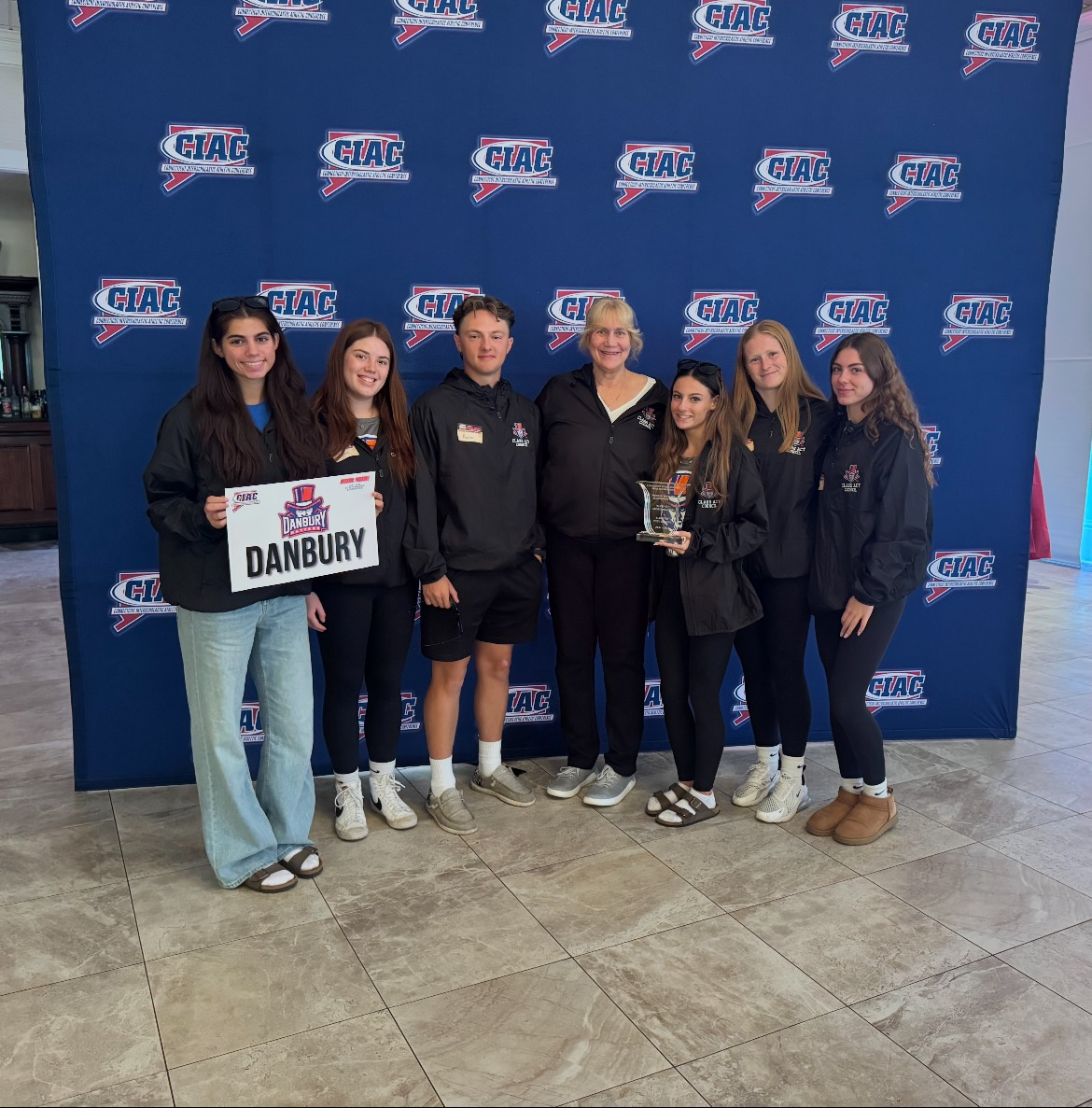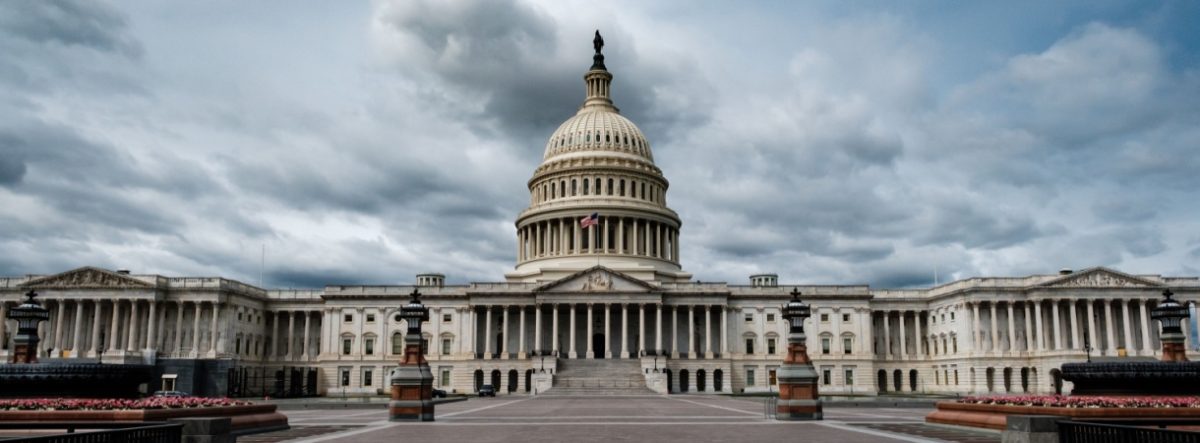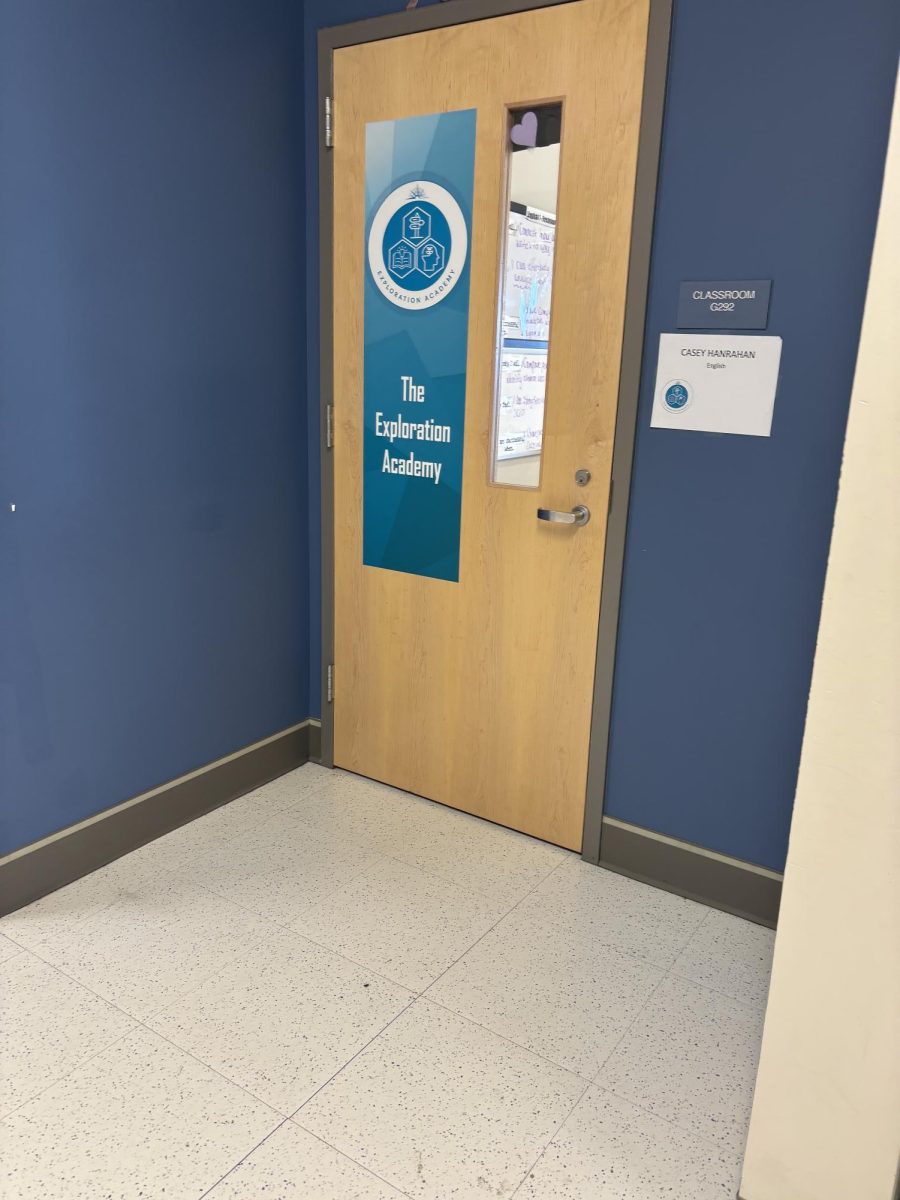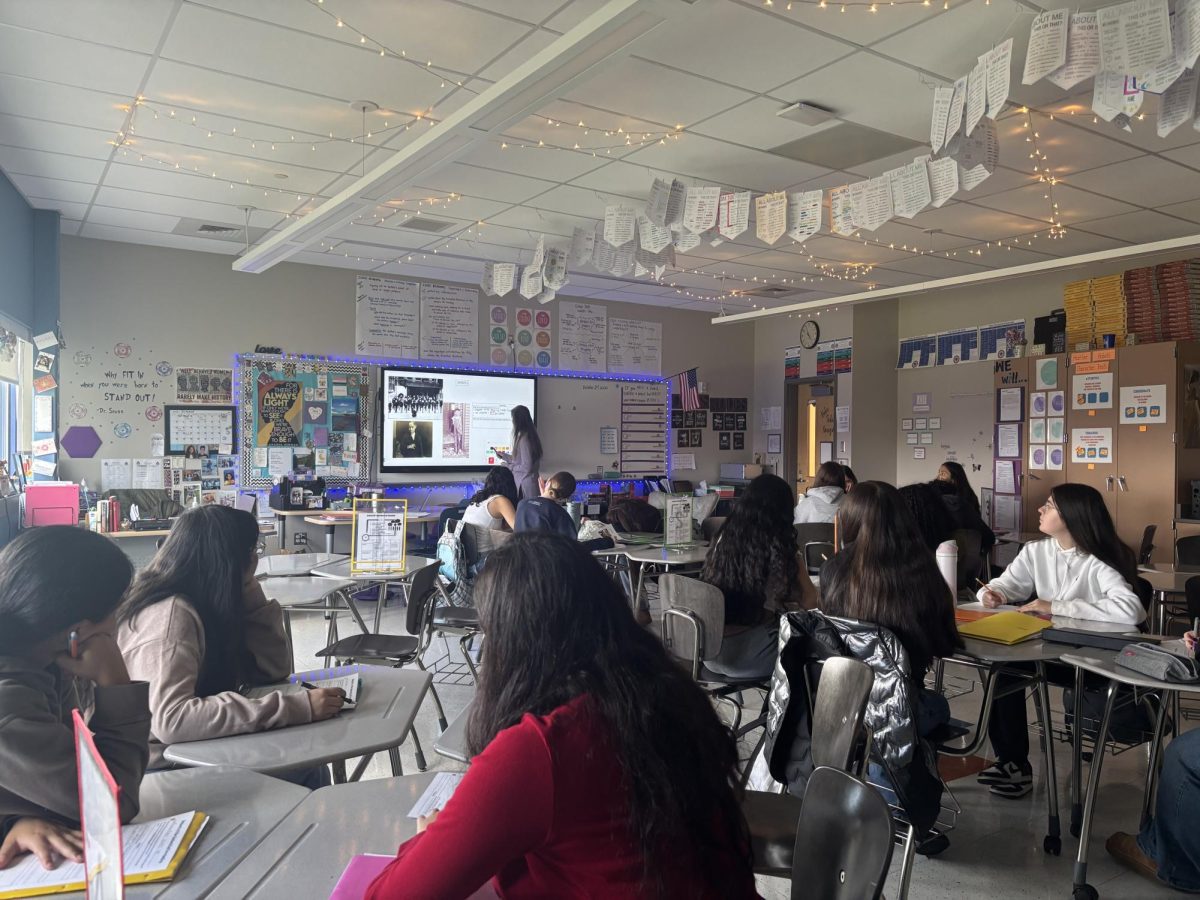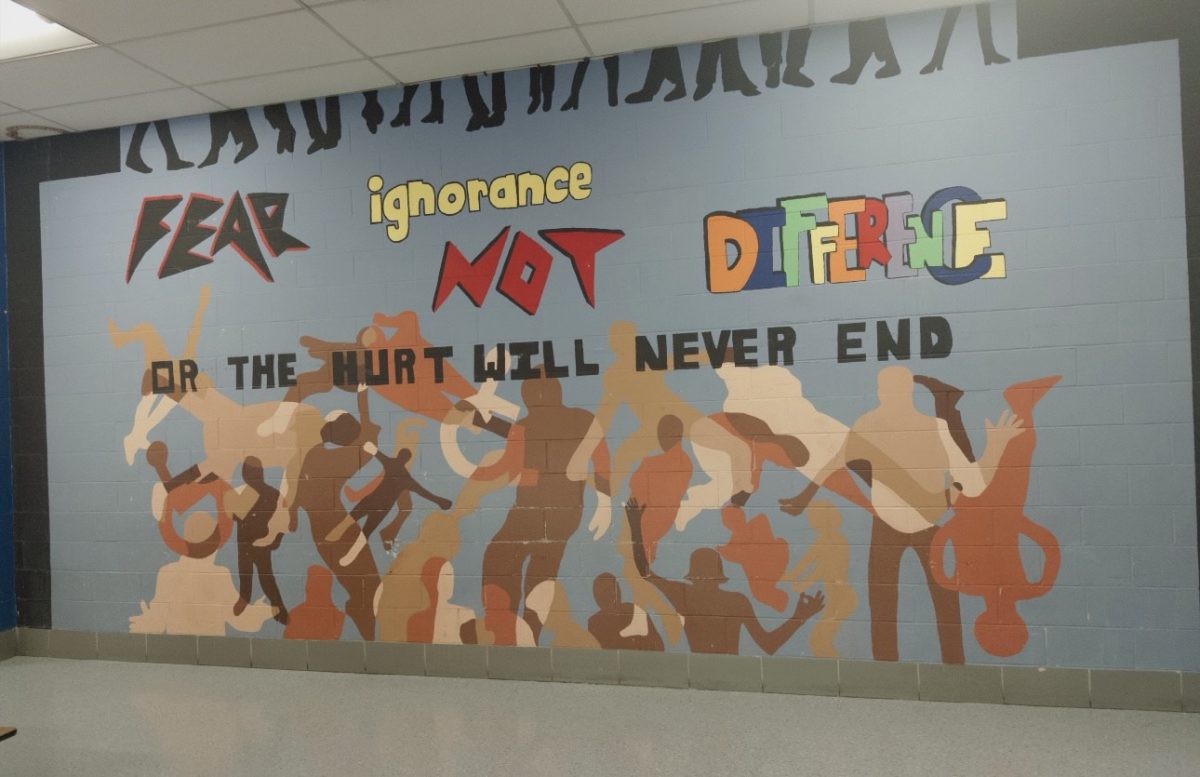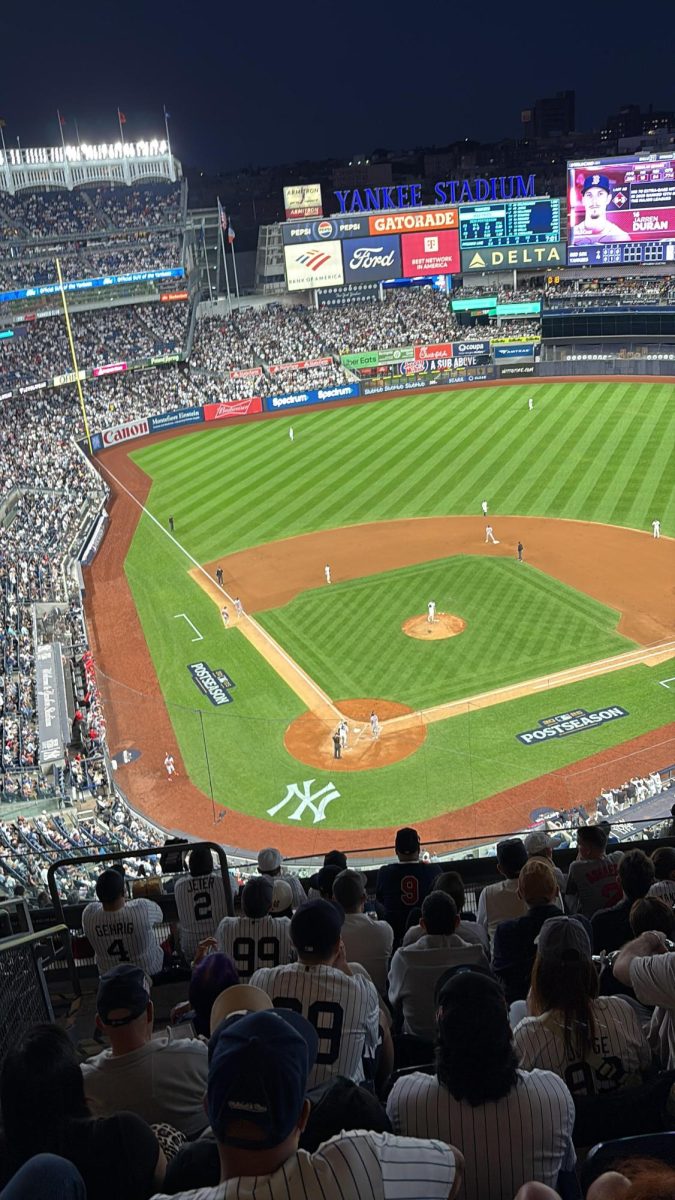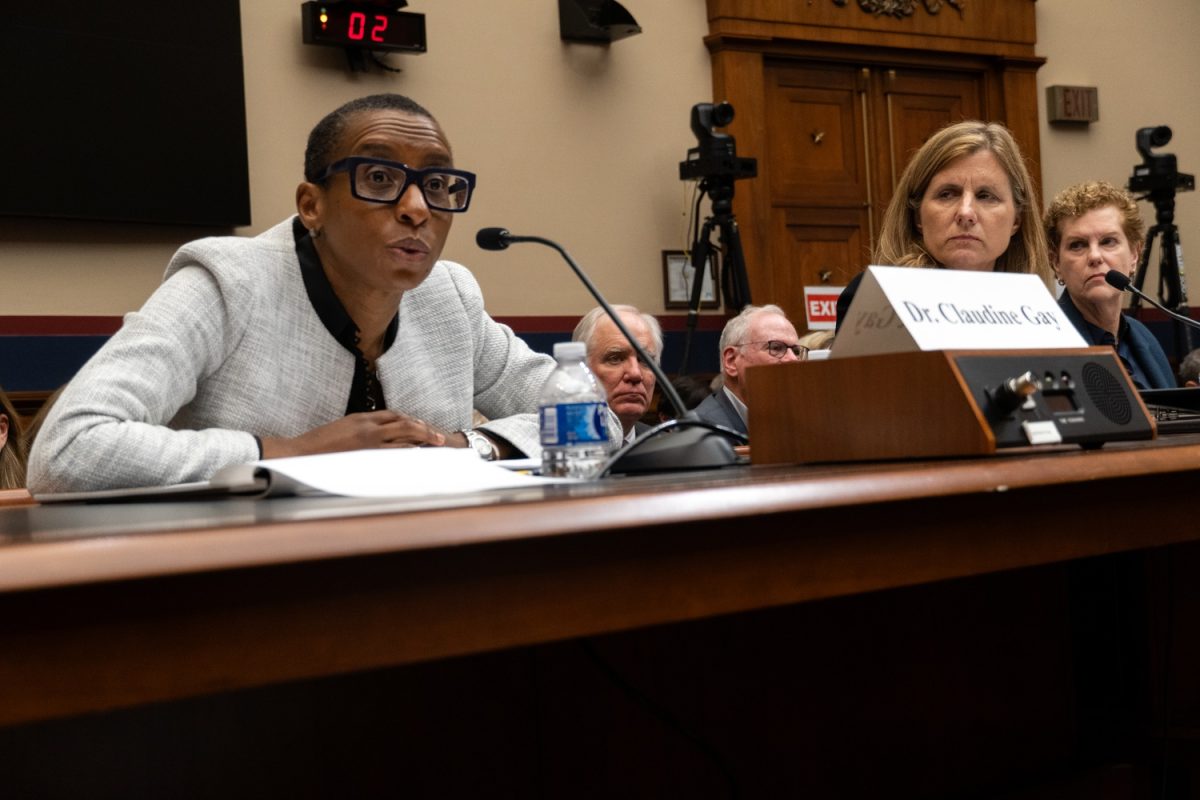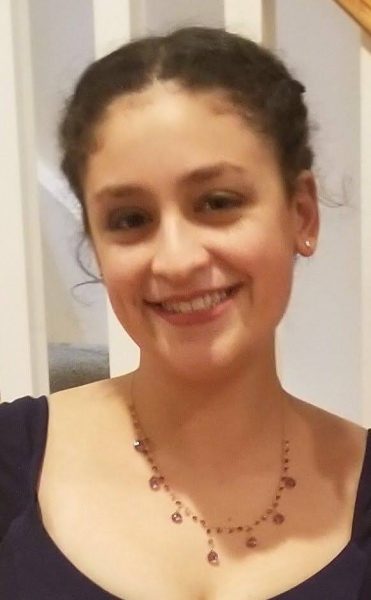In light of the Israel-Palestine conflict, several top university presidents commented on the event and, by doing so, sacrificed their careers. From Harvard to UPenn to MIT, presidents of some of the country’s most elite universities are now being pressured, if they haven’t already, to resign from their positions.
UPenn President, Liz Magill, resigned from her position in early December, just four days after appearing before Congress to give a testimony in response to Antisemitic incidents on campus. On the other hand, Harvard President, Claudine Gay, only just resigned on January 2nd after insisting she would keep her job.
The congressional hearing in which these presidents ended their careers was called in response to the many Antisemitic events occurring on college campuses in the past few months on a nationwide level including hate speech, targeted violence, and the ripping down of missing person flyers.
During the congressional hearing, presidents neglected to condemn these actions and instead, questioned whether these actions and “calling for the genocide of Jews” violated their university codes of conduct.
Being a principal of a large high school, Mr. Donovan spoke on this topic; drawing light to his perspective on the difficulties that go into representing such a large population of diverse individuals and what he interprets as the difference between freedom of speech on a high school as opposed to a college campus.
Donovan explained having to speak on an issue of such gravity and controversy was a “very difficult position to be in” because you had to “represent all sides.” He added that “one of the key things where a lot of the presidents go wrong is they put their own personal opinions into what they’re saying.”
“Your job as a principal is to present the info in a non biased way.” Donovan defines a key component of being a principal to be ensuring that your students are “not able to tell whether you’re a Democrat or Republican.” He added that if he were personally tasked with speaking on this issue, he would ensure his “number one goal for everybody no matter what side [they’re] on” be made clear that it’s to “end this conflict.” According to Donovan, “the presidents and people making comments are not doing that.”
However, he mentioned that “there’s no easy way to navigate any of this,” emphasizing the need to make statements that “do not set people off so they’re not listening to what you’re saying” as “the emotion involved in a situation means it’s probably very personal.”
Moving on to discuss freedom of speech, Donovan says despite being a “huge proponent of freedom of speech,” some people “take it too far.” He spoke on how freedom of speech is positive up until it “becomes disruptive to Danbury High School,” saying “then we have a problem.” Donovan then credited the great number of students at DHS generally getting along to “the rest of society polarizing itself.”
“The reporter and media are the problem.” Donovan explained how students at DHS have been “going to school together since kindergarten” and emphasized the problem to be “everyone else out there, not DHS.”
“These kids grow up together. Society is the one separating everybody.” Donovan elaborated on the difference between a college campus and DHS stating how “colleges aren’t as diverse as we are.” Along with that, he complimented high school students for their willingness to “sit down” and work out problems together, comparing that to colleges where “kids are protesting and going out without solutions.”
“It should be all about the solutions.” Donovan discussed how in contrast to what he observes amongst DHS students, college students “talk about their freedom of speech without the knowledge” of what that entails. In comparison, “high school students are looking to get that knowledge,” which Donovan believes is exhibited in their tendency to “ask more questions than make demands.”
Whether Donovan’s assessment on DHS students and their ability to work out problems applies to the majority of less-diverse colleges and smaller high schools around the country or not, it’s clear that in extremely controversial and emotional conflicts, “supporting students with education and learning” so they can “make informed decisions about where they lie” is vital towards cultivating a generation of open minded individuals capable of compromising and working towards a better, more peaceful future.


